An early draft of this review was originally published on July 1, 2024,
at Give Me Some Light on Substack, months before it appeared here.
Subscribe, and you’ll read many of these reviews while the films are still breaking news!
When I first reviewed Janet Planet at my Substack, I gave readers this unusual recommendation: Be very careful in selecting where you see this movie. Seek it out at an arthouse theater that isn’t playing other summer blockbusters. Or, perhaps you can just wait until you can see this streaming instead of seeing this in a theater. Why?
If you see it in a multiplex, as I did, you’ll probably become painfully aware of any big summer action movie playing at the same time. As I watched Janet Planet at AMC Alderwood’s sixteen-screen theater, I struggled to hear the movie’s half-whispered dialogue due to the subwoofers rumbling next door like an ongoing thunderstorm. It felt like trying to appreciate a poetry reading in a tent across the street from an open-air monster truck show.
Nevertheless, the movie moved me. It’s a challenging drama that, in some ways, hits painfully close to home. Here are some first impressions:
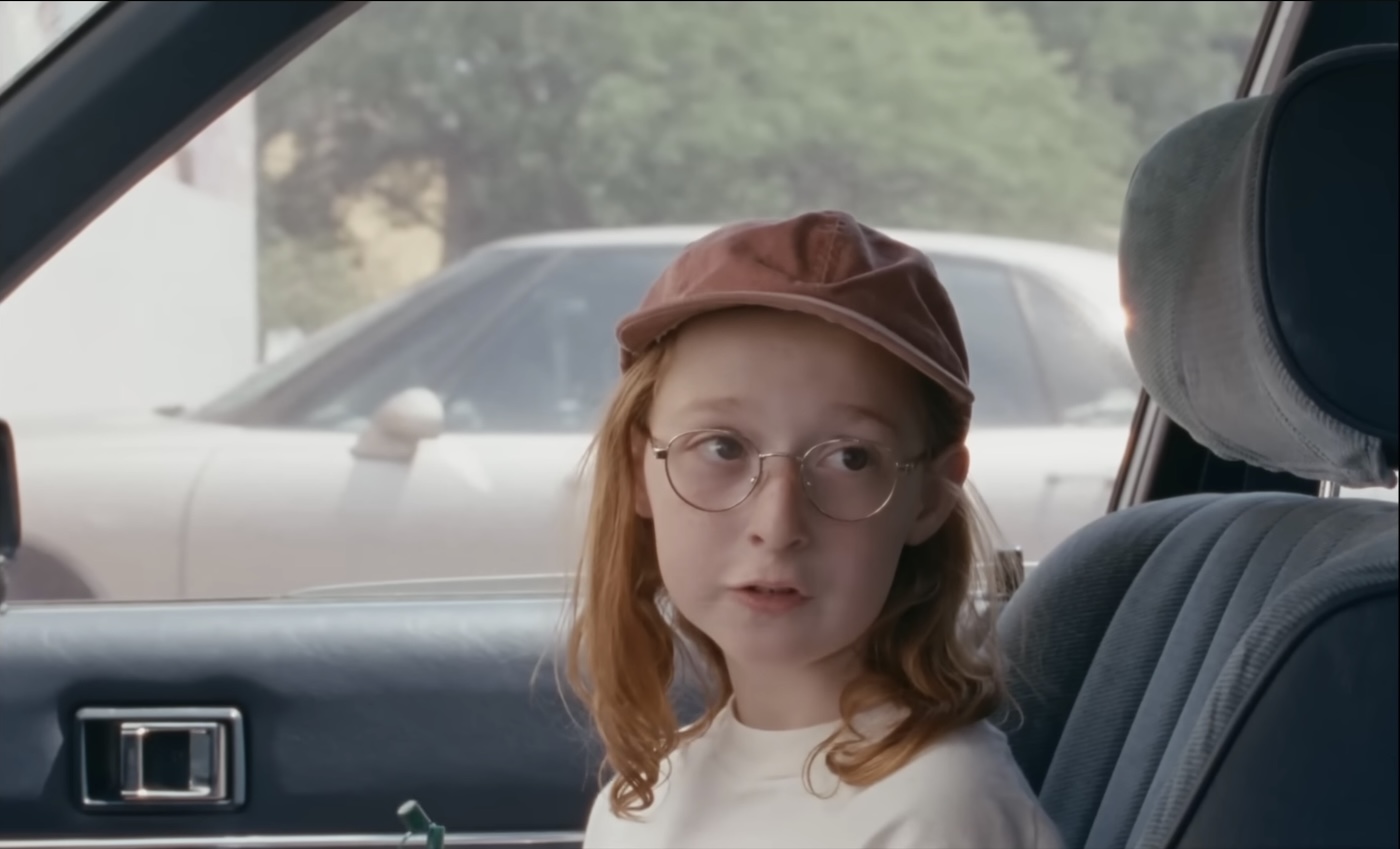
In my experience, it’s been quite common to observe that those who have the most expertise in, and the greatest gifts for, taking care of other people are often — and I stress, often, not always — terrible at taking care of themselves, or of recognizing that they have needs at all.
That may sound harsh. But I’ll volunteer myself as Exhibit A: If there has been any overlap in the observations of my therapists, my colleagues in education, and my family about my personality, it has been on this very subject. I will invest more time and energy than I actually have in trying to assist a friend, a stranger, a student, or a family member — and that includes my cat — but I will not do something for myself about illness, exhaustion, or spiritual struggles until things reach a crisis stage. This has become a much bigger problem since I started teaching; I’ve had to re-learn how to preserve my physical, mental, and spiritual health since I started serving 40 to 60 students per academic term. And I’ve known many who suffer similar self-neglect, many of whom have served in medical or mental health professions.
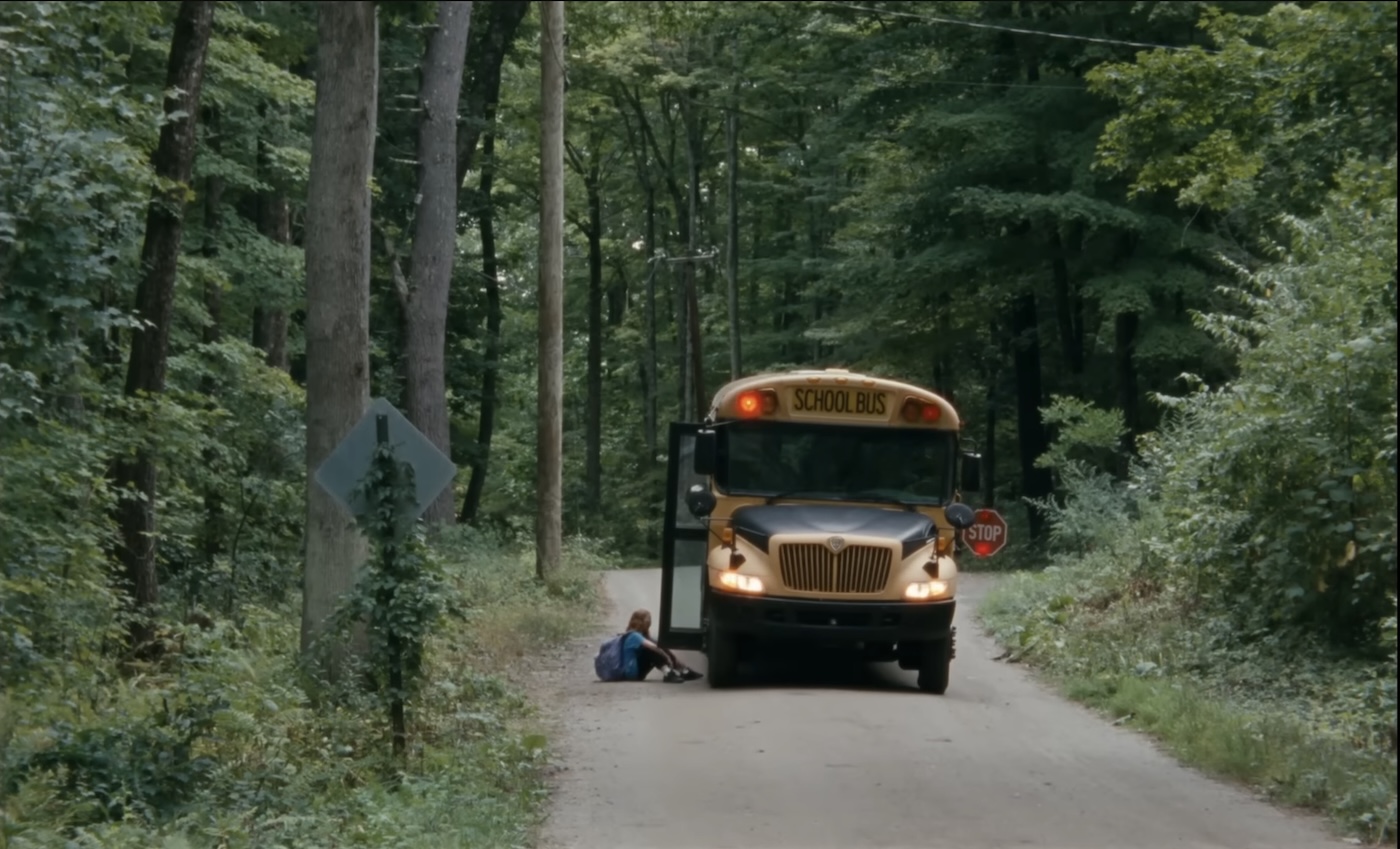
I recognize this behavior in Janet, an acupuncturist and single mother who lives off the main roads and back in the woods in Massachusetts. Janet cares in her own misguided ways for her 11-year-old daughter Lacy, and who throws the doors of her home and heart open wide to anybody likely to take her up on her over-generous offers. (While I’ve never visited this area, it felt strangely familiar, bringing back memories of conversations and encounters I experienced on the edges of some ex-hippie communities in rural Oregon and California in the early ‘90s, which is when Janet Planet takes place.)
As a result, Janet (played here with persuasive complexity by Julianne Nicholson) suffers the exploitative behaviors of manipulative men who move in, complicate her life, and then have trouble leaving. And her habitual troubles with personal boundaries are not only self-destructive but they are consistently destabilizing and upsetting to her quiet, intuitive, and deeply observant pre-teen daughter.
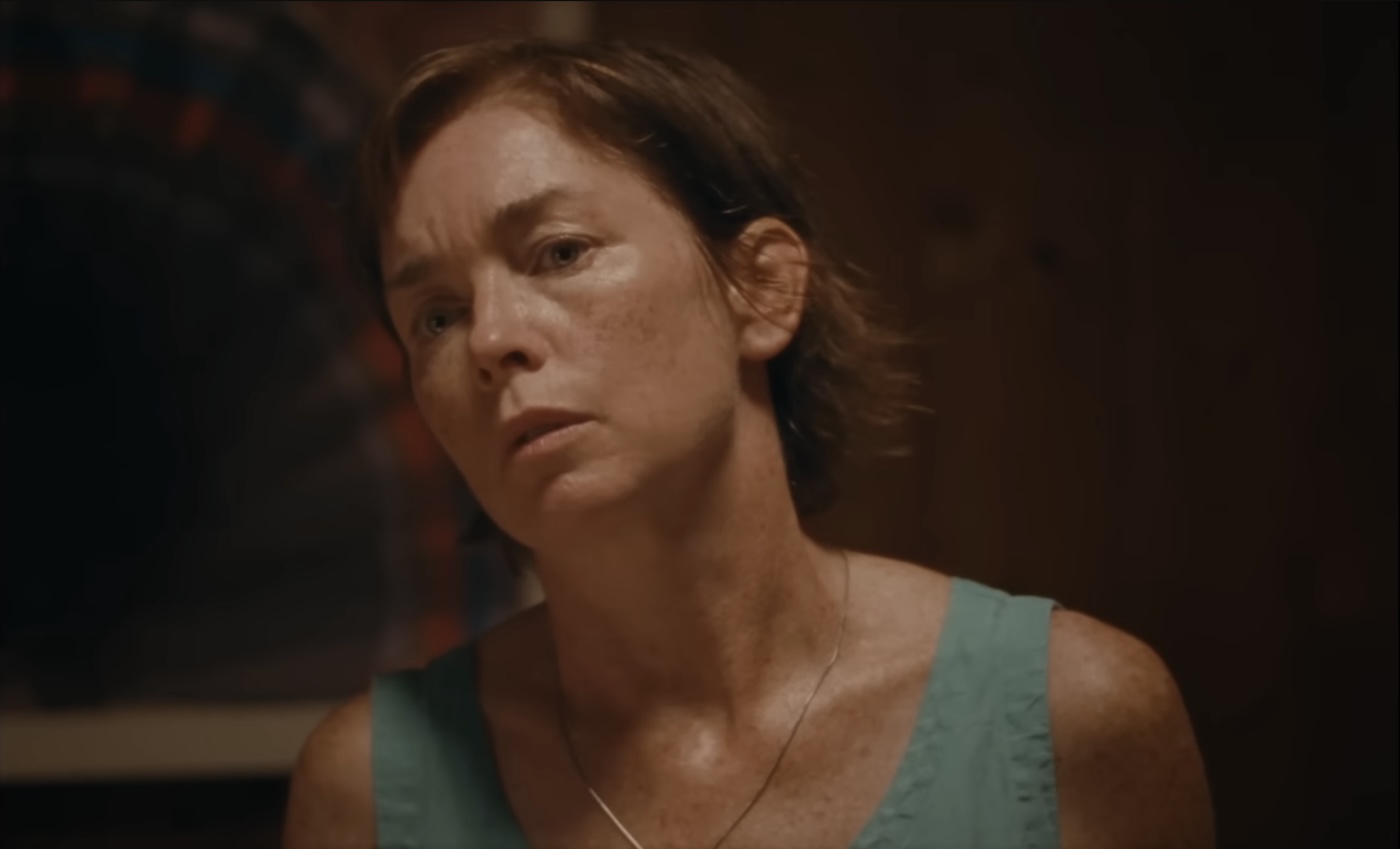
Lacy seems to be a second thought in almost all aspects of her world. We might envy her a childhood in the woods in what appears to a beautiful home. These locations are filmed by Maria von Hausswolf (who also shot the moonscape-like Icelandic wilderness of 2023’s Godland) in ways that capture their beauty and grace without ever becoming showy or heavy handedly symbolic.But the more questions we start asking about how Janet can afford to live and work where she does, or wonder about what’s really going on in Janet’s acupuncture business (we don’t see many clients), the more unsettled we might become about their security there. And anyway, while their hideaway home might seem somewhat idyllic, we become increasingly aware, through long silences and through Lacy’s perspective on summer campers and schoolmates, that the isolation is doing more harm than good.
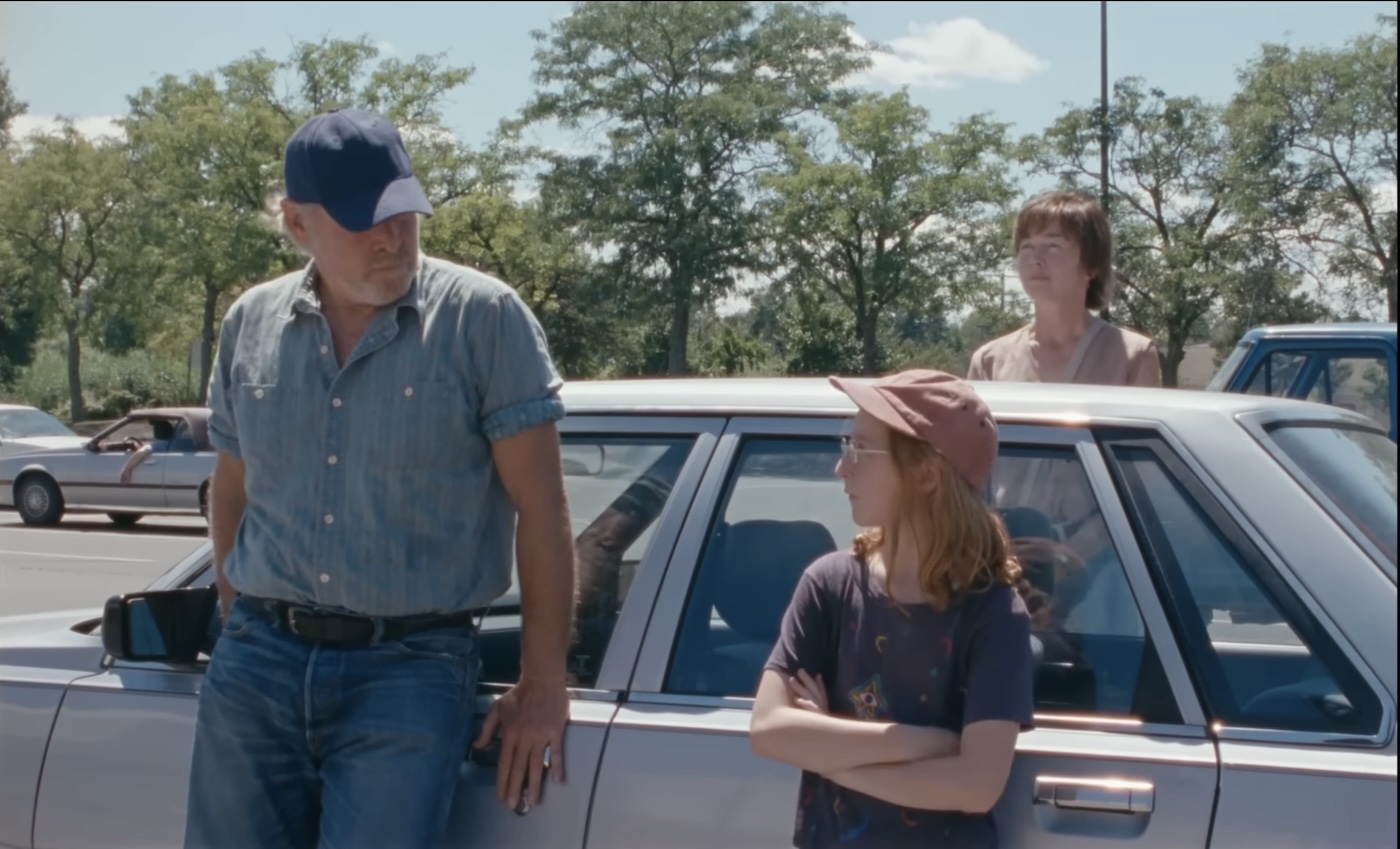
And anyway, it seems that it’s rarely just the two of them out there in the woods. We watch as Janet, in her impulsive and misguided generosity, opens their world to three disruptors. Two are men. Wayne, played by the great character actor Will Patton (who was so good a few years back in Lee Isaac Chung’s Minari) has already abandoned his family and existing children and he does not look at all interested in being a stepfather to Lacy. When his migraines come on, if that is indeed what they are, Janet and Lacy suddenly seem endangered. Avi, played by indie-film legend Elias Koteas (who has been particularly skilled in portraying weird manipulators and charismatic con men since his roles in Atom Egoyan’s Exotica and David Cronenberg’s Crash), doesn’t seem aggressively violent, but in his leadership role for a local theater group he looks a lot like a commune’s cult leader. And there’s a vibe of sexual libertinism in the community that adores him that we can sense will not make anything better for Janet or Lacy, even when Avi expresses a particular affection for Janet.
But men aren’t the only problem: Janet also allows her empathy for one of the women suffering in Avi’s commune to trouble her home. Regina, played by Sophie Okonedo, clearly needs help in separating herself from Avi, her longtime manipulator. But she is quick to turn Janet’s offer of help into an occasion to make herself at home and start asserting herself as an unwanted second guardian for Lacy.
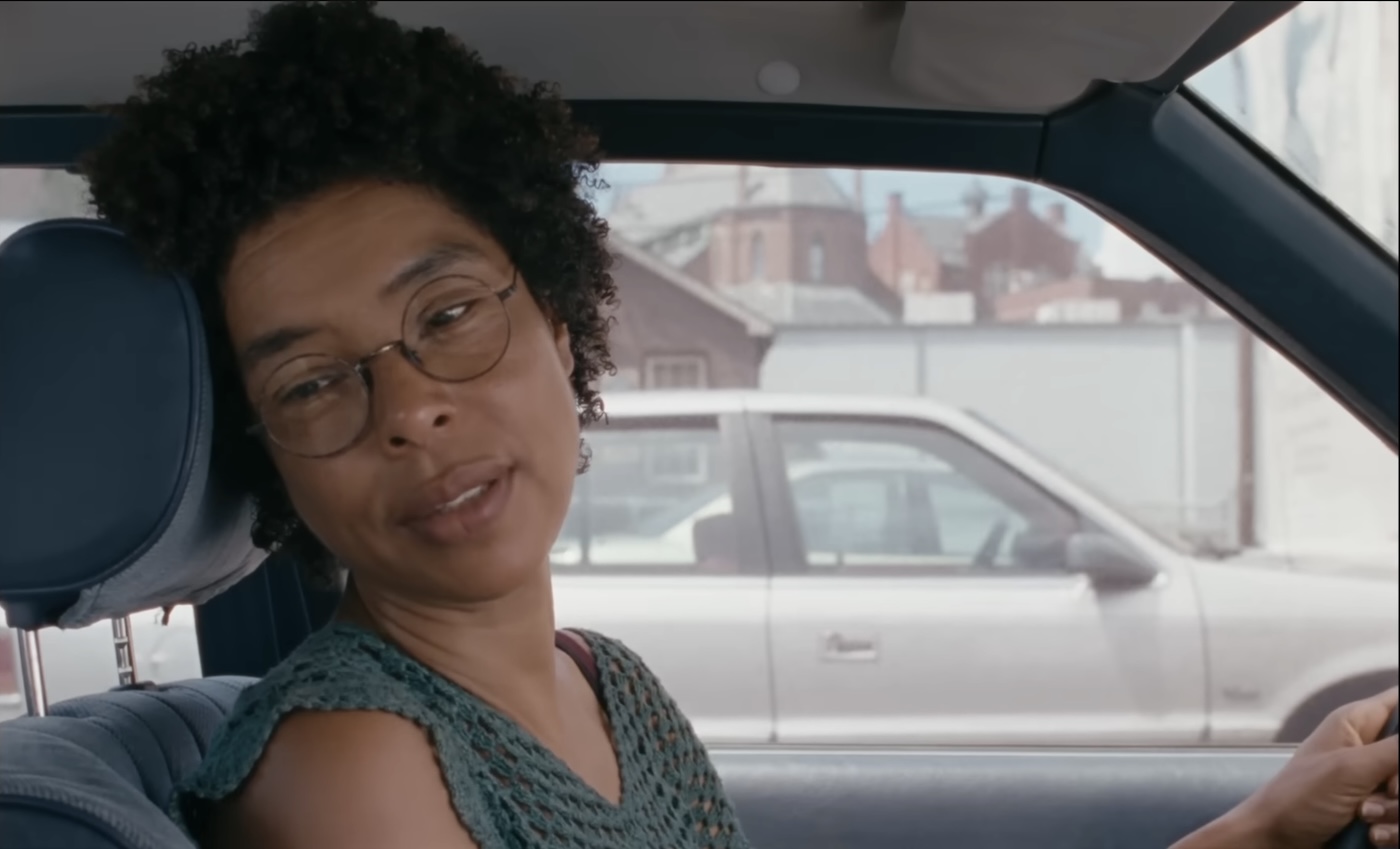
I’m making it sound like a lot happens in Janet Planet, and I suppose it does. But first-time filmmaker Annie Baker, who has already made a name for herself as a Pulitzer Prize-winning playwright, is impressive in this debut. The movie doesn’t feel like “filmed theater” at all — it’s patient, quiet, observant cinema that asks us to pay as much attention to what isn’t said as what is spoken, as much attention to stillness as to action. Don’t get me wrong: This isn’t a Terrence Malick aesthetic in which details of the environment become powerfully suggestive. Janet Planet isn’t asking us to interpret much in the way of imagistic poetry. But it is asking us to think like a therapist, paying close attention to ways in which Janet has trapped herself in a web of fear, need, and insecurity.
Pay special attention when Janet talks about her compulsion to make all men fall in love with her, or her deep need to be “liked.” While our concerns about Janet’s fitness as a capable parent worsen, so do our suspicions that much of this isn’t her fault — that somewhere along the line, she herself was deprived of the love and support she needed.
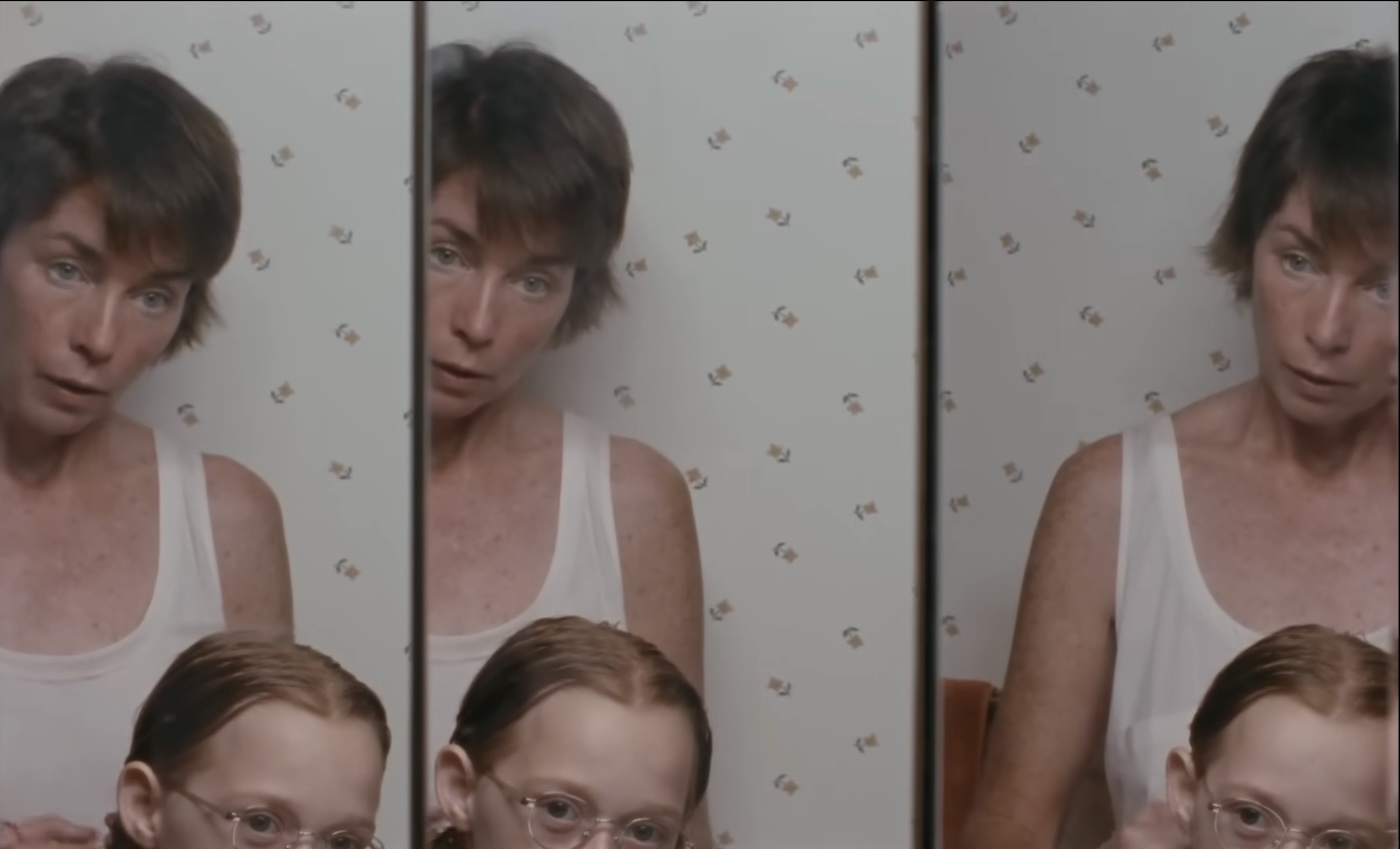
I come away haunted by the quietness of the film — by the absence of a caring and engaged community. When Janet is drawn into a vibrant, lively community in the final minutes of the film, we see her light up in ways we haven’t through the whole film. We also see Lacy’s little brain kick into overdrive, as if she’s observing a phenomenon that is entirely new to her — an activity that terrifies her because of what it will ask her to risk, but that also calls to her with its energy and motion, a sort of simulated cosmos in which everyone is drawn into everyone’s orbit, and a more symphonic way of being starts to seem possible.
I’m still thinking this one over, and I suspect I might have much more to say by the end of the year. I find myself wanting to discover that a sequel is on the way, if only because I’m tied up in knots about what will become of Lacy. I’m inclined to predict that she grows up and becomes an artist — perhaps a sculptor, like Michelle Williams’ character in Kelly Reichardt’s Showing Up (a film that could easily play out in the same unverse as Janet Planet). Lacy would certainly fit right in in that Oregon art school community, and it would give her occasion to explore ways to express all of the trauma and hardship she both suffered and inherited.
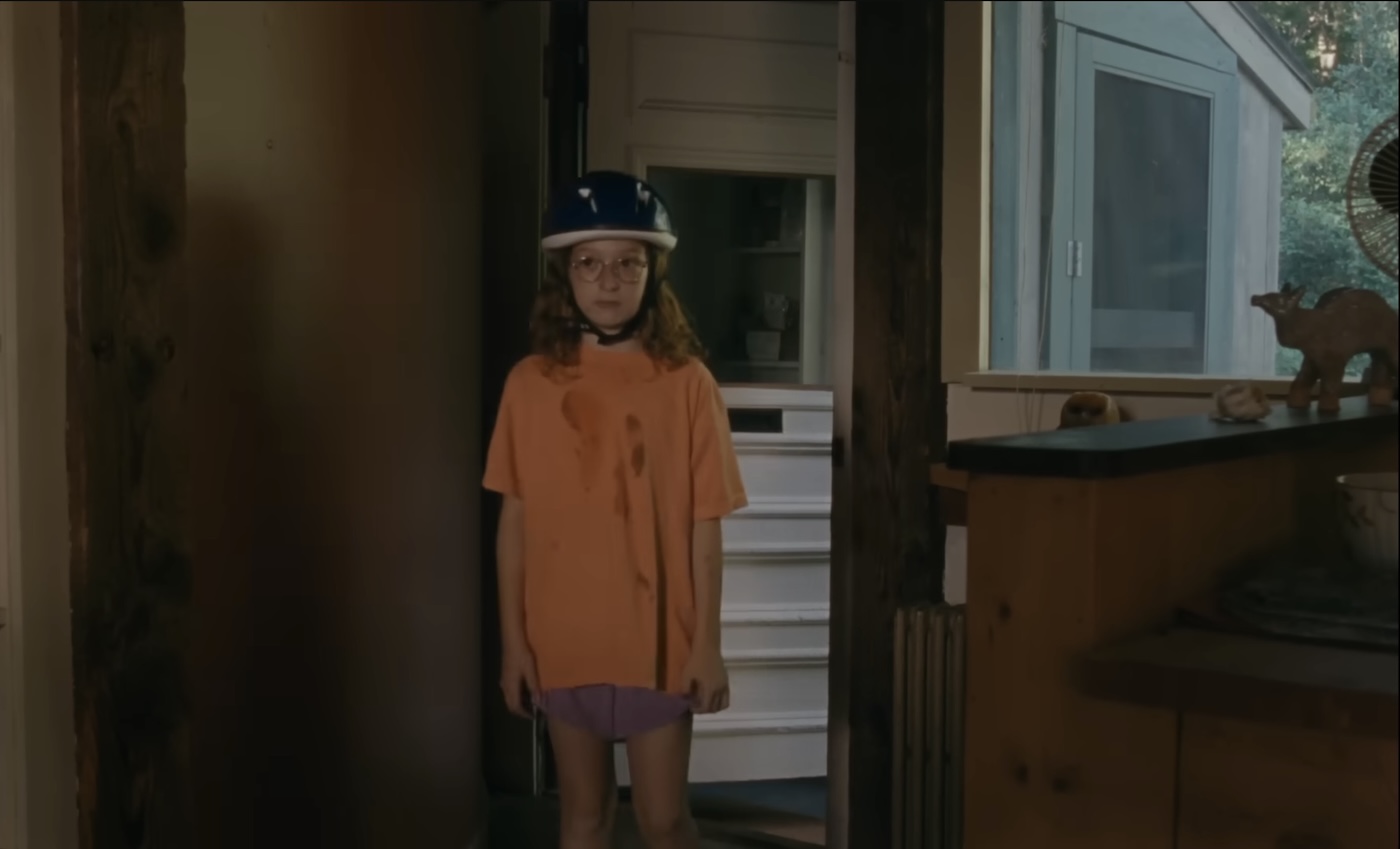
What’s more, I’m particularly mystified by a scene near the end of the film that involves a picnic and a jarring disappearance, and I’d love to hear from you about how you interpret that scene.